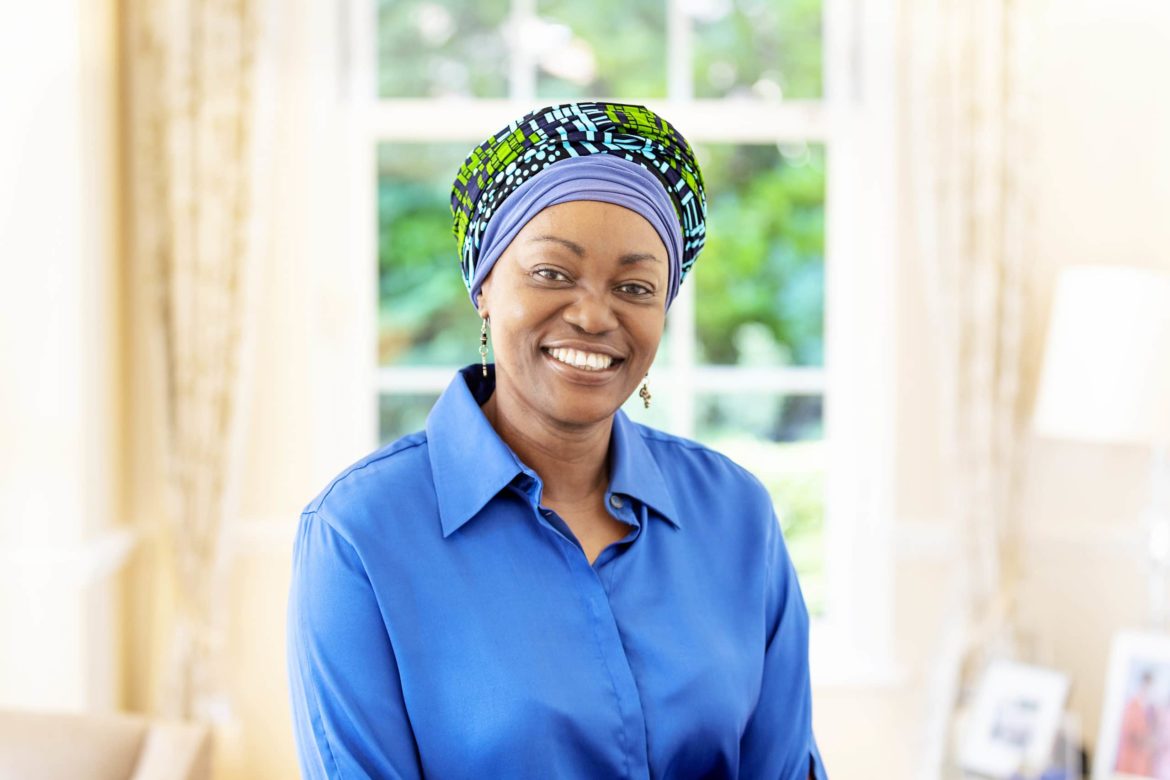Zimbabwean philanthropist Tsitsi Masiyiwa has not forgotten what people used to tell her father: “Poor Dixon, father of five daughters. Who will take care of you when you are old?” As the last of five girls, not even her own parents’ support and belief that they were just as good as sons could shelter them from gendered social norms. Norms that, Masiyiwa says, do not reflect social realities.
“In our African societies, women are both the smallholder farmers, but also the ones responsible for most of the domestic tasks and household chores such as cooking, cleaning, taking care of children and sick relatives. Despite this, they are the ones with the least access to resources.”
Barriers to women’s access to financial resources, ownership rights to the land they farm, and access to opportunities including education motivate Masiyiwa in her philanthropy work, something she started over 25 years ago. She is currently executive chair and co-founder at Delta Philanthropies and Higherlife Foundation, and she sits on the board of directors at Co-Impact, a global philanthropic collaborative.
In late October 2022, she launched the Africa Gender Initiative, which plans to raise $50 million within the next few years from African philanthropists to support Co-Impact’s $1 billion gender fund. In the past few months, the Africa Gender Initiative has already raised $5 million.
Co-Impact’s Gender Fund provides funding primarily to women-led, local organizations tackling systemic gender-based issues in the key areas of health, education, and economic opportunity in the Global South.
The Africa Gender Initiative wants to shake up traditional philanthropy by accepting local currencies and making it easier to partner with individuals (not just large philanthropists), diaspora and corporates.
“Africans have a culture of giving,” Masiyiwa says. “If your money isn’t talking it’s difficult to have an authentic voice.”
—Ciku Kimeria, Africa editor

